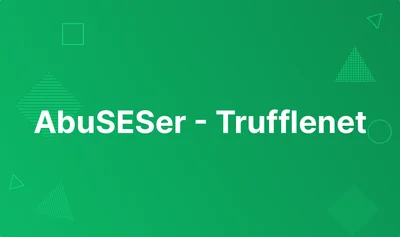Cybersecurity Blue Team Labs & Training
- Superior Quality
- Real-World Investigations
- Analytical and Problem-Solving Mindset

Seamless User Experience
Enjoy hassle-free access to our Blue Team Labs with zero setup required. Practice, learn, and enhance your skills anytime, anywhere, using just a browser.
Crafted by Experts
Our labs are meticulously engineered by subject matter experts, ensuring you receive high-quality, relevant, and up-to-date blue team and SOC practice scenarios.
Real-World Applications
Benefit from solutions designed for practical, real-world scenarios, derived from our wide-ranging field experience and deep industry knowledge.
Diverse Content
Our labs offer a broad range of scenarios targeting key blue team and SOC domains, including DFIR, Threat Hunting, Threat Intelligence, and Malware Analysis.

Develop the pro SOC analyst mindset
Shape Your SOC Analysis Approach with an Emphasis on Intelligent, Not Exhaustive, Defense Strategies.
A Thrilling, Game-alike Journey for Blue Team Mastery
Elevate Your Skills through Exciting Competition.
Climb the leaderboard
Rise to the top by demonstrating your superior cybersecurity skills, and gaining recognition among peers.
Earn Coveted Badges
Receive tangible evidence of your achievements and mastery in different areas of blue team security, demonstrating your expertise and commitment to growth!
Maximize Your Hiring Potential
Elevate your hiring prospects by showcasing your proficiency and practical skills.

Explore Recent Blue Team Online Labs
Online blue team labs with new additions published every week








FAQ
Common questions about CyberRange.
Need More Information? Visit our Help Center for detailed articles about the CyberRange
